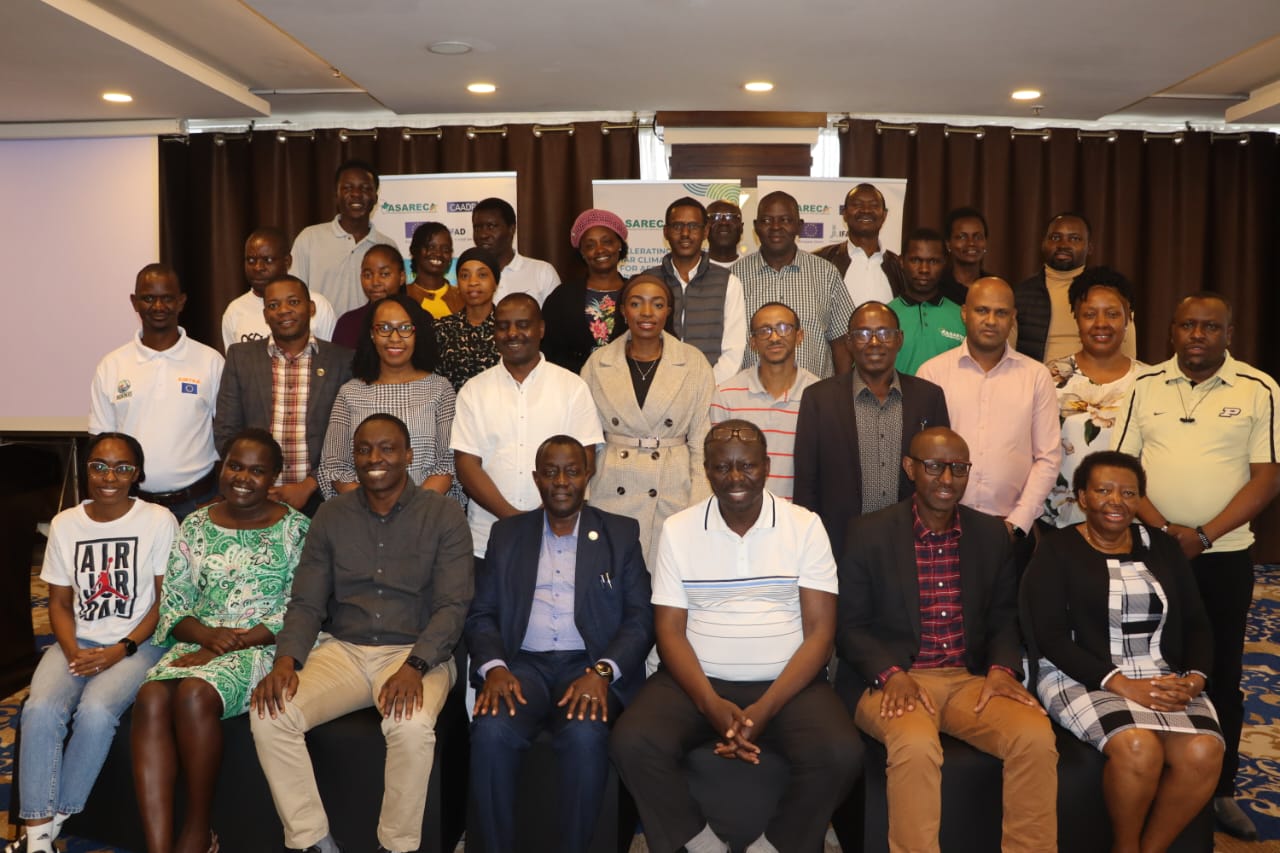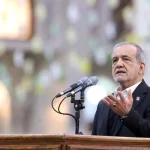Africa is turning to artificial intelligence and big data in a new push to protect its food systems from the worsening impacts of climate change.
In a landmark move, the Global Green Growth Institute (GGGI) and the Association for Strengthening Agricultural Research in Eastern and Central Africa (ASARECA) have joined forces to accelerate digital innovation and climate resilience in farming across the continent.

The two organizations unveiled their expanded partnership during a stakeholder consultation and validation workshop held in Nairobi from September 29 to October 4, 2025, outlining a roadmap to transform agriculture through smarter data, AI-driven tools, and farmer-focused digital platforms.
“Climate change must be addressed effectively if we are to sustain agricultural productivity and ensure food security across the continent,” said Nagnouma Kona, Manager of Partnership Strategy at GGGI.
The Agriculture–Climate Crossroads
Agriculture remains the backbone of many African economies, employing up to 70% of the population and contributing as much as 80% to GDP in some countries. Yet the sector faces rising temperatures, erratic rainfall, and land degradation — all of which threaten food production and livelihoods.
Kona said the partnership aims to make African farming both climate-resilient and economically viable, particularly for women and young people.
“We believe in partnerships that genuinely support farmers by working with research institutions like ASARECA to ensure that projects are developed with farmers’ needs at the centre,” she said.
The collaboration, initiated in 2022, seeks to mainstream Climate Smart Agriculture (CSA) principles across Africa’s policy frameworks, research agendas, and funding mechanisms.
Financing Climate Resilience
One of the most significant obstacles to climate-smart farming remains access to finance. GGGI is working with governments and NGOs to unlock climate funding for adaptation initiatives — from improved irrigation and crop diversification to soil and water management.
The ultimate goal is to increase financial flows to smallholder farmers through data-backed evidence that demonstrates what works and why.
“We want to create economic prosperity for young people in rural areas,” Kona added. “By giving them access to technology and finance, we can empower the next generation of climate-smart farmers.”
Digital Transformation: The ATLAS Platform
At the heart of this partnership is ATLAS — an open-source digital platform designed by GGGI to democratize access to climate and agricultural data.
The tool enables policymakers, researchers, and farmers to visualize weather patterns, assess risks, and model interventions in real time. It can also track investment impacts and identify where funding yields the best results.
The Nairobi workshop marked the second major validation phase following an initial pilot in Senegal.
“The objective is to make sure this tool is widely known and adopted by farmers to improve their practices,” Kona said.
Artificial Intelligence: The New Farmer’s Assistant
A standout feature of the partnership is the integration of PEPA AI, an artificial intelligence engine that analyzes global agricultural data to generate localized solutions for African contexts — from pest control in Turkana to soil management in Nyandarua.
The AI platform presents insights through interactive chats, charts, and maps — giving policymakers and farmers real-time intelligence to guide decisions.
“Transitioning from manual to digital systems provides consistency and predictive power,” Kona explained. “It helps farmers and governments plan better for the future.”
To ensure accessibility, the partnership plans to translate digital tools into local languages and collaborate with community radio stations to reach rural audiences.
“We must work with local media to interpret and translate this knowledge so that farmers can meaningfully engage,” she said.
Bridging Knowledge Gaps and Building Capacity
Many farmers across Eastern and Central Africa still lack access to reliable climate information or training on sustainable farming methods. Through joint research, GGGI and ASARECA aim to provide tailored guidance suited to each agroecological zone — from arid plains to humid highlands.
The ATLAS platform is fully open-source, ensuring data transparency and encouraging innovation by universities, agritech firms, and policymakers.
“The idea is to ensure everyone — from a farmer in Uganda to a policymaker in Rwanda — has access to quality data that can inform their decisions,” Kona said.
Private Sector and Policy: The Next Frontier
Looking ahead, the partners agree that private sector participation will be key to scaling climate-smart agriculture.
“What’s next for Africa is giving private sectors enough knowledge and confidence to invest in agricultural innovation,” Kona said.
ASARECA’s Executive Director, Dr. Sylvester Dickson Baguma, noted that while strategies are essential, implementation determines success.
“Developing a policy or strategy is one thing; implementing it is another. Countries must act quickly to make their food systems resilient,” he urged.
A Digital Path to Food Security
The GGGI–ASARECA alliance showcases how technology, partnerships, and data transparency can turn climate-smart agriculture from a policy slogan into tangible change.
As Africa braces for intensifying climate shocks, initiatives like ATLAS and PEPA AI may prove to be the missing link between global climate science and the everyday realities of smallholder farmers — ensuring that innovation, not desperation, defines the continent’s agricultural future






